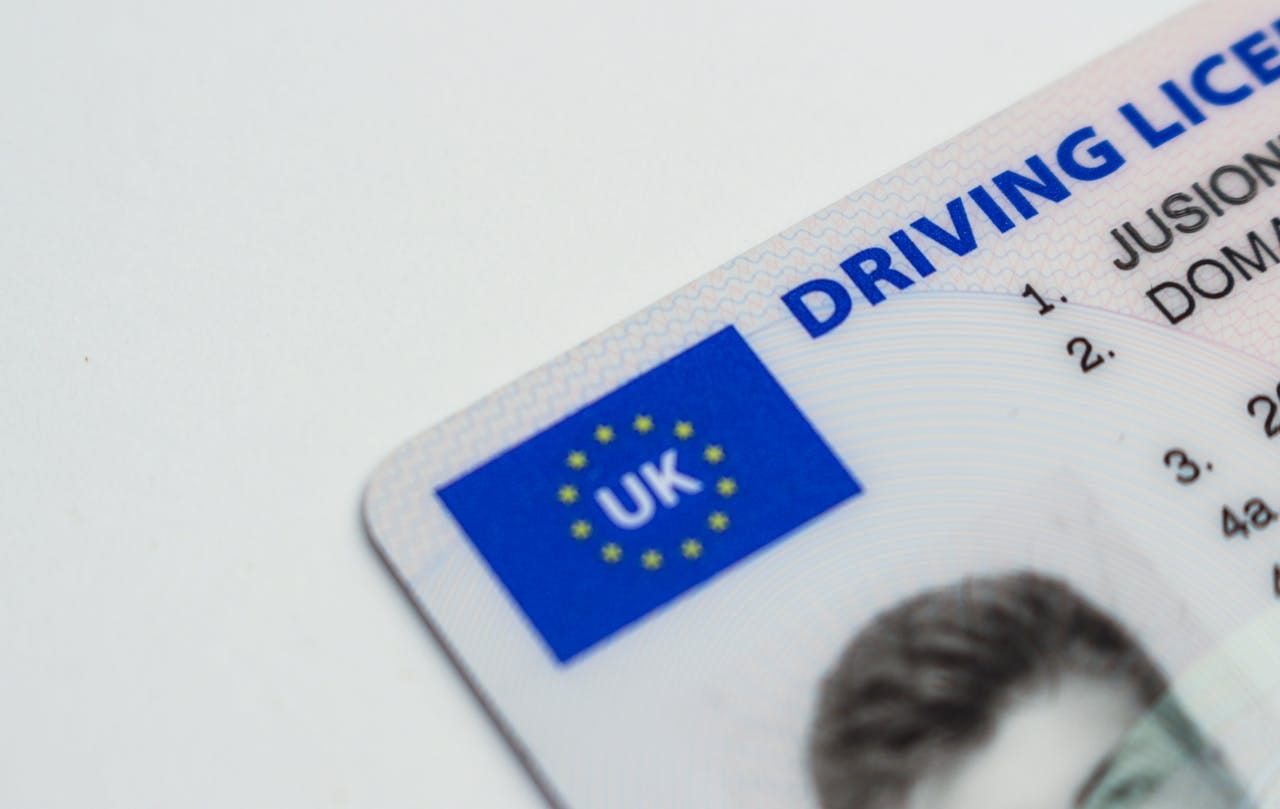Physiological Biomarkers for Biometric Identification and Authentication
Physiological biomarkers are measurable indicators of normal biological processes, pathogenic processes, or pharmacologic responses to a therapeutic intervention[1][2]. They can be used for biometric identification and authentication, which involves recognizing individuals based on their unique physical or behavioral characteristics[3].
Types of Physiological Biomarkers
There are four main classes of physiological biomarkers used in biometric identification and authentication[3]:
1. Molecular biomarkers: Measurable indicators at the molecular level, such as gene expression patterns or protein levels.
2. Physiologic biomarkers: Indicators of normal or abnormal physiological processes, such as heart rate, blood pressure, or body temperature.
3. Histologic biomarkers: Indicators based on microscopic examination of tissues, such as cell morphology or tissue architecture.
4. Radiographic biomarkers: Indicators based on medical imaging techniques, such as X-rays, CT scans, or MRI.
Applications of Physiological Biomarkers
Physiological biomarkers can be used for various purposes in biometric identification and authentication[3][4]:
1. Predictive biomarkers: Indicators that can predict the likelihood of an individual responding to a specific treatment or developing a particular disease.
2. Prognostic biomarkers: Indicators that can provide information about the likely outcome or course of a disease, regardless of treatment.
3. Diagnostic biomarkers: Indicators that can be used to identify the presence or absence of a particular disease or condition.
4. Monitoring biomarkers: Indicators that can be used to track the progression or regression of a disease or the effects of a treatment over time.
Advantages and Challenges
The use of physiological biomarkers in biometric identification and authentication offers several advantages[1][2][5]:
- Objectivity: Biomarkers provide quantifiable and reproducible measurements of biological processes.
- Early detection: Biomarkers can detect changes in biological processes before the onset of clinical symptoms.
- Personalized medicine: Biomarkers can help tailor treatments to individual patients based on their unique biological profiles.
However, there are also challenges associated with the use of physiological biomarkers[1][2][4]:
- Validation: Biomarkers must be thoroughly validated to ensure their accuracy, reliability, and clinical utility.
- Interpretation: The interpretation of biomarker results can be complex and may require specialized knowledge and expertise.
- Ethical considerations: The use of biomarkers raises ethical concerns related to privacy, data security, and potential discrimination.
Conclusion
Physiological biomarkers have great potential for use in biometric identification and authentication, offering objective and quantifiable measures of biological processes. However, their successful implementation requires careful validation, interpretation, and consideration of ethical implications. As the field continues to evolve, it is essential to balance the benefits of these technologies with the need to protect individual privacy and rights.
Citations:
[1] https://www.ncbi.nlm.nih.gov/books/NBK215705/
[2] https://www.ncbi.nlm.nih.gov/pmc/articles/PMC3078627/
[3] https://en.wikipedia.org/wiki/Biomarker
[4] https://www.europarl.europa.eu/RegData/etudes/STUD/2021/696968/IPOL_STU%282021%29696968_EN.pdf
[5] https://www.researchgate.net/figure/Summary-of-the-main-physiological-biomarkers_tbl1_354929281
[6] https://bitesizebio.com/26559/biomarkers-explained/
[7] https://ezra.com/blog/biomarkers
[8] https://link.springer.com/article/10.1007/s11160-021-09677-5




